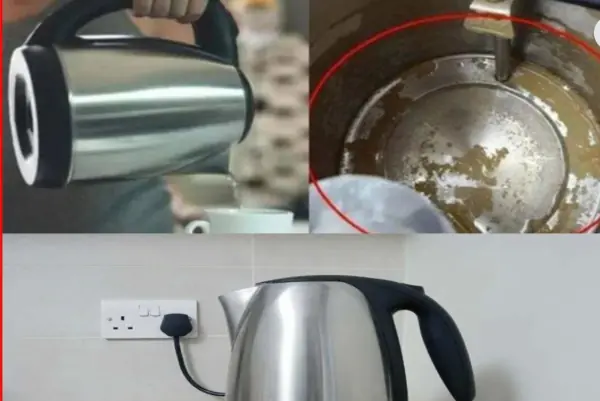
8 war.ning signs of unhealthy kidneys

The kidneys are vital organs that play a crucial role in filtering waste, balancing fluids, and regulating blood pressure. When the kidneys are not functioning properly, toxins and waste can build up in the body, leading to a range of serious health problems. Kidney disease can progress quietly, often without noticeable symptoms, making it crucial to pay attention to early warning signs. Early detection can help prevent further damage and enable timely treatment.
In this article, we will explore eight common warning signs of unhealthy kidneys that you should be aware of to protect your health.
1. Changes in Urination Patterns
The kidneys are responsible for producing urine and regulating the body’s fluid balance. Any change in urination patterns could be a red flag for kidney problems.
What to look for:
-
Increased frequency of urination: If you find yourself needing to urinate more frequently than usual, especially at night (nocturia), it could be a sign of kidney dysfunction.
-
Decreased urination: Conversely, if you're urinating less frequently or not producing as much urine, this could indicate that your kidneys are not filtering waste properly.
-
Foamy or bubbly urine: Urine that is unusually foamy or bubbly could be a sign of protein in the urine (proteinuria), which is a common symptom of kidney damage.
Why it’s important:
Changes in urination patterns often reflect how well the kidneys are filtering waste and balancing fluids in the body. When kidney function declines, urine output can become irregular or abnormal.
2. Swelling in the Legs, Ankles, or Feet
Swelling (edema) in the lower extremities is a common symptom of kidney problems. When the kidneys aren’t working properly, they may have difficulty removing excess fluid from the body, causing it to accumulate in the legs, ankles, and feet.
What to look for:
-
Puffy or swollen legs, ankles, and feet: This swelling is often worse in the evening and may feel heavy or uncomfortable.
-
Difficulty fitting into shoes or clothing: You may notice that your shoes or socks feel tight, or that your clothing feels snug around your waist.
Why it’s important:
Kidneys help regulate fluid balance. When they fail to remove excess fluid, it can build up in the body, causing noticeable swelling, especially in the lower parts of the body.
3. Fatigue and Weakness
Fatigue is a common symptom of many health conditions, but when it's linked to kidney problems, it’s often due to a buildup of waste in the body and a lack of red blood cell production. Healthy kidneys produce erythropoietin, a hormone that helps the body produce red blood cells. When kidney function declines, erythropoietin production decreases, leading to anemia and fatigue.
What to look for:
-
Constant tiredness or weakness: Feeling unusually tired despite adequate sleep.
-
Low energy levels: Struggling to stay alert and engaged in daily activities.
Why it’s important:
Anemia resulting from kidney disease reduces the amount of oxygen carried through the bloodstream, leading to fatigue, weakness, and a general lack of energy.
4. Shortness of Breath
Shortness of breath can occur when kidney disease causes fluid buildup in the lungs (pulmonary edema). When the kidneys aren’t functioning properly, excess fluid can accumulate in the body and reach the lungs, making it difficult to breathe.
What to look for:
-
Feeling winded after minimal activity: Difficulty breathing after physical exertion or even while resting.
-
Waking up at night feeling short of breath: This could be a sign of fluid buildup in the lungs.
Why it’s important:
If fluid builds up in the lungs, it can severely affect oxygen levels and lead to difficulty breathing. This is a serious symptom that requires prompt medical attention.
5. Persistent Back Pain
While back pain is commonly associated with muscle strain or poor posture, pain that occurs in the lower back, just below the rib cage, could be a sign of kidney problems. The kidneys are located in the lower back, and when they become inflamed or infected, they can cause localized pain.
What to look for:
-
Dull, persistent pain: Pain that’s located in the lower back or side, which may be felt on one or both sides.
-
Pain that doesn’t improve with movement: Unlike muscle pain, kidney-related pain often persists and doesn’t improve with stretching or changing positions.
Why it’s important:
Kidney infection (pyelonephritis) or kidney stones can cause intense pain in the lower back. Ignoring this pain can lead to worsening kidney da.mage or infection.
6. Skin Rash or Itching
Kidney disease can cause toxins to build up in the blood because the kidneys are no longer filtering waste effectively. These toxins can accumulate under the skin, leading to rashes and itching, which are common signs of kidney dysfunction.
What to look for:
-
Itchy skin that doesn’t go away: Persistent itching, especially on the legs, arms, or back.
-
Dry, irritated skin: A rash or rough patches of skin that may be difficult to treat with lotions or creams.
Why it’s important:
When the kidneys are not removing waste from the bloodstream, toxins can accumulate and cause skin irritations, which are one of the more common signs of kidney failure.
7. Metallic Taste in the Mouth and Ammonia Breath
Kidney disease can lead to a buildup of waste products in the bloodstream, which can affect the way food tastes. This is known as uremia, and it can cause a metallic taste in the mouth or ammonia-like breath.
What to look for:
-
A persistent metallic taste: Foods and drinks that normally taste good may suddenly taste strange or unpleasant.
-
Bad breath (uremic fetor): Breath that smells like ammonia, which is caused by the accumulation of waste products in the blood.
Why it’s important:
Uremia is a sign that kidney function is severely compromised and waste is accumulating in the blood, affecting the mouth and breath. This is a serious symptom that warrants medical attention.
8. Nausea and Vomiting
As kidney disease progresses, waste buildup in the blood (uremia) can lead to digestive problems, including nausea and vomiting. This can occur due to the kidneys’ inability to filter toxins from the blood effectively.
What to look for:
-
Persistent nausea: A constant feeling of queasiness that doesn’t improve with eating or drinking.
-
Vomiting without cause: Unexplained vomiting, especially in the morning or after eating, may be a sign of kidney failure.
Why it’s important:
Nausea and vomiting caused by kidney dysfunction are a sign that waste is accumulating in the body and affecting the digestive system. Left untreated, this can lead to severe dehydration and further complications.
Conclusion: Taking Action Early
The kidneys are essential for overall health, and when they’re not working properly, the effects can be widespread and severe. If you experience any of these warning signs, it’s important to consult a healthcare provider as soon as possible for a thorough evaluation. Early detection of kidney disease can lead to better treatment outcomes and prevent further damage to these vital organs.
By adopting a healthy lifestyle, staying hydrated, and monitoring kidney function through regular check-ups, you can reduce your risk of developing kidney disease. If you're at higher risk - such as having a family history of kidney disease or conditions like diabetes and high blood pressure—it's especially important to remain vigilant about your kidney health and seek medical advice if any symptoms arise. Your kidneys are essential to your well-being, and taking proactive steps to protect them is crucial for maintaining overall health.
How to Prevent Kidney Disease: Steps You Can Take
Kidney disease can develop gradually without obvious symptoms, and often, individuals don’t realize they have a problem until their kidneys are severely damaged. Fortunately, there are several proactive steps you can take to prevent kidney disease and promote optimal kidney health. By adopting healthy lifestyle choices and staying informed, you can reduce your risk of kidney problems and support the long-term health of these vital organs.
1. Stay Hydrated
Drinking enough water is essential for kidney health. Your kidneys are responsible for filtering waste from your blood and maintaining the balance of fluids in your body. Proper hydration helps the kidneys perform these tasks efficiently and prevents kidney stones and other kidney-related issues.
What to do:
-
Aim to drink at least 8 cups (2 liters) of water a day, or more if you're active or live in a hot climate.
-
Avoid excessive consumption of caffeinated beverages, alcohol, and sugary drinks, as they can lead to dehydration and strain the kidneys.
-
Include water-rich foods like fruits and vegetables (e.g., cucumbers, watermelon, and oranges) in your diet to support hydration.
2. Manage Blood Pressure
High blood pressure (hypertension) is one of the leading causes of kidney disease. When blood pressure is too high, it damages the blood vessels in the kidneys, impairing their ability to filter waste and regulate fluids. Over time, this can lead to kidney damage and, eventually, kidney failure.
What to do:
-
Monitor your blood pressure regularly and aim to keep it within the healthy range (below 120/80 mm Hg).
-
Maintain a healthy weight through regular exercise and a balanced diet.
-
Reduce salt intake by avoiding processed foods and cooking with minimal salt.
-
Limit alcohol consumption and avoid smoking, both of which can raise blood pressure.
3. Control Blood Sugar Levels
Diabetes is another major risk factor for kidney disease. High blood sugar levels over time can damage the blood vessels in the kidneys, leading to diabetic nephropathy, a type of kidney disease. If you have diabetes, it’s crucial to control your blood sugar levels and prevent complications that could affect your kidneys.
What to do:
-
If you have diabetes, work with your doctor to manage your blood sugar levels through medication, diet, and regular physical activity.
-
Monitor your blood sugar regularly and follow your doctor’s advice on how to adjust your treatment plan as needed.
-
Eat a balanced diet with low-glycemic foods that help regulate blood sugar, such as whole grains, vegetables, and lean proteins.
-
Engage in regular physical activity to help improve insulin sensitivity.
4. Maintain a Healthy Diet
A balanced diet plays a significant role in maintaining kidney health. Foods that are high in sodium, sugar, and unhealthy fats can put extra strain on the kidneys and increase the risk of developing kidney disease. On the other hand, a diet rich in fruits, vegetables, whole grains, and lean proteins can support kidney function and reduce the risk of chronic diseases like diabetes and hypertension.
What to do:
-
Focus on eating a variety of nutrient-dense foods, such as leafy greens, berries, nuts, legumes, and fish.
-
Limit the intake of processed foods, salty snacks, and sugary drinks.
-
Choose whole grains over refined grains to provide more fiber, which can help regulate blood sugar and improve overall kidney function.
-
Reduce your consumption of red meats and opt for healthier protein sources like beans, lentils, and lean poultry.
5. Exercise Regularly
Regular physical activity is essential for overall health and plays a crucial role in preventing kidney disease. Exercise helps manage weight, control blood pressure, improve circulation, and regulate blood sugar levels. All of these factors are critical in reducing the risk of kidney disease.
What to do:
-
Aim for at least 30 minutes of moderate-intensity exercise, such as brisk walking, swimming, or cycling, five days a week.
-
Include strength training exercises in your routine at least two days a week to help build muscle and boost metabolism.
-
Incorporate activities that promote flexibility and reduce stress, such as yoga or Pilates.
6. Avoid Smoking
Smoking is a significant risk factor for kidney disease as it damages blood vessels and reduces kidney function over time. Smoking also contributes to high blood pressure, increases the risk of heart disease, and accelerates the progression of kidney disease in individuals who are already at risk.
What to do:
-
If you smoke, quitting is one of the most important steps you can take for your kidney health.
-
Seek support through smoking cessation programs, nicotine replacement therapies, or counseling.
-
Avoid exposure to secondhand smoke, which can also harm your kidneys and other organs.
7. Limit Over-the-Counter Pain Medications
Common pain relievers, such as nonsteroidal anti-inflammatory drugs (NSAIDs) like ibuprofen, aspirin, and naproxen, can cause kidney damage if taken regularly or in high doses. Long-term use of these medications can impair kidney function and increase the risk of chronic kidney disease.
What to do:
-
Use pain relievers sparingly and only when necessary. Always follow the recommended dosage instructions.
-
If you require pain relief for an extended period, consult with your healthcare provider to explore safer alternatives.
-
If you have pre-existing kidney conditions or other health concerns, talk to your doctor before using NSAIDs.
8. Get Regular Kidney Function Tests
For individuals who are at higher risk for kidney disease - such as those with diabetes, high blood pressure, or a family history of kidney problems - it’s important to get regular kidney function tests. These tests can detect early signs of kidney damage before significant symptoms appear.
What to do:
-
Ask your doctor about getting routine kidney function tests, especially if you have risk factors for kidney disease.
-
Tests such as blood tests to measure creatinine levels, urine tests to check for protein, and imaging studies can provide valuable insights into kidney health.
-
Early detection of kidney disease allows for timely treatment to prevent further damage.
9. Control Cholesterol Levels
High cholesterol can lead to the buildup of plaque in the arteries, including those in the kidneys, which can restrict blood flow and impair kidney function. Managing your cholesterol levels through diet, exercise, and medication can help protect your kidneys and overall cardiovascular health.
What to do:
-
Monitor your cholesterol levels and keep them within a healthy range (less than 200 mg/dL for total cholesterol).
-
Eat foods rich in healthy fats, such as olive oil, avocados, and fatty fish, while avoiding trans fats and excessive saturated fats.
-
Exercise regularly to improve lipid profiles and maintain healthy cholesterol levels.
10. Limit Excessive Salt Intake
Excessive salt intake puts strain on the kidneys by increasing blood pressure and causing fluid retention, which can lead to kidney damage over time. Most people consume more salt than is necessary, often due to processed foods and restaurant meals.
What to do:
-
Limit your daily sodium intake to less than 2,300 milligrams, or about one teaspoon of salt. For those at risk of kidney disease or high blood pressure, the recommended limit is even lower - 1,500 milligrams per day.
-
Read food labels carefully to monitor sodium content and choose low-sodium or no-salt-added versions of packaged foods.
-
Cook more at home using fresh ingredients and limit the use of pre-packaged sauces, soups, and snacks that are high in sodium.
Conclusion: Protect Your Kidneys and Overall Health
Taking care of your kidneys is a lifelong process that requires attention to diet, physical activity, hydration, and regular health monitoring. By making proactive changes, such as staying hydrated, controlling blood pressure and blo.od sugar levels, avoiding harmful substances, and maintaining a healthy lifestyle, you can significantly reduce the risk of kidney disease.
If you have risk factors such as a family history of kidney disease, diabetes, or high blo.od pressure, be vigilant about your kidney health. Regular check-ups and early detection can make a significant difference in preventing kidney failure and ensuring the long-term health of your kidneys. Your kidneys are vital to your overall health, and protecting them is one of the best ways to ensure a longer, healthier life.
News in the same category

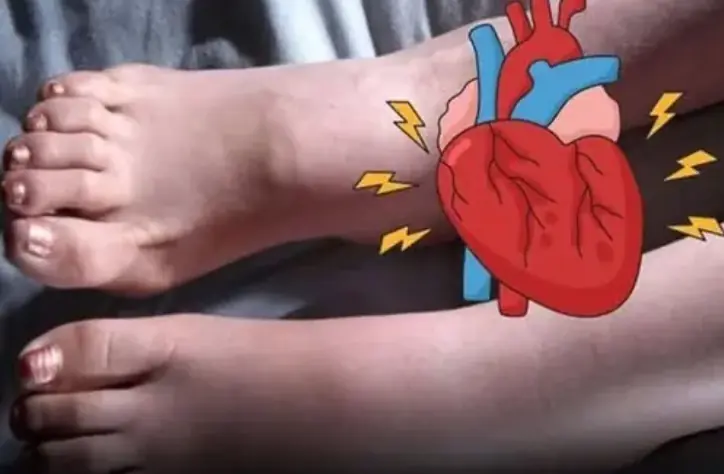
6 Foot Symptoms That May Warn of a Heart Attack Weeks in Advance
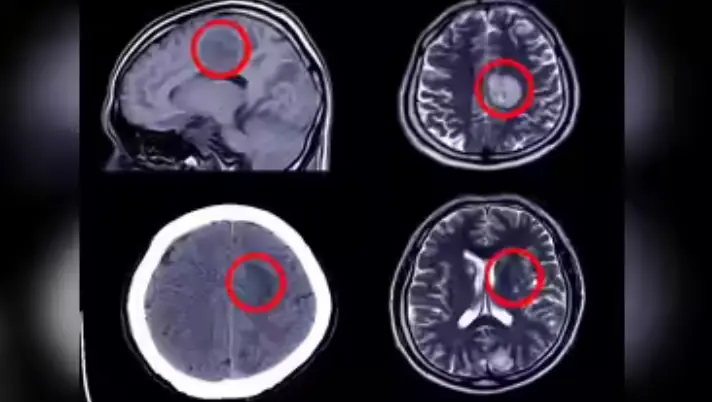
12 signs that may signal a brain aneurysm — Don’t ignore them
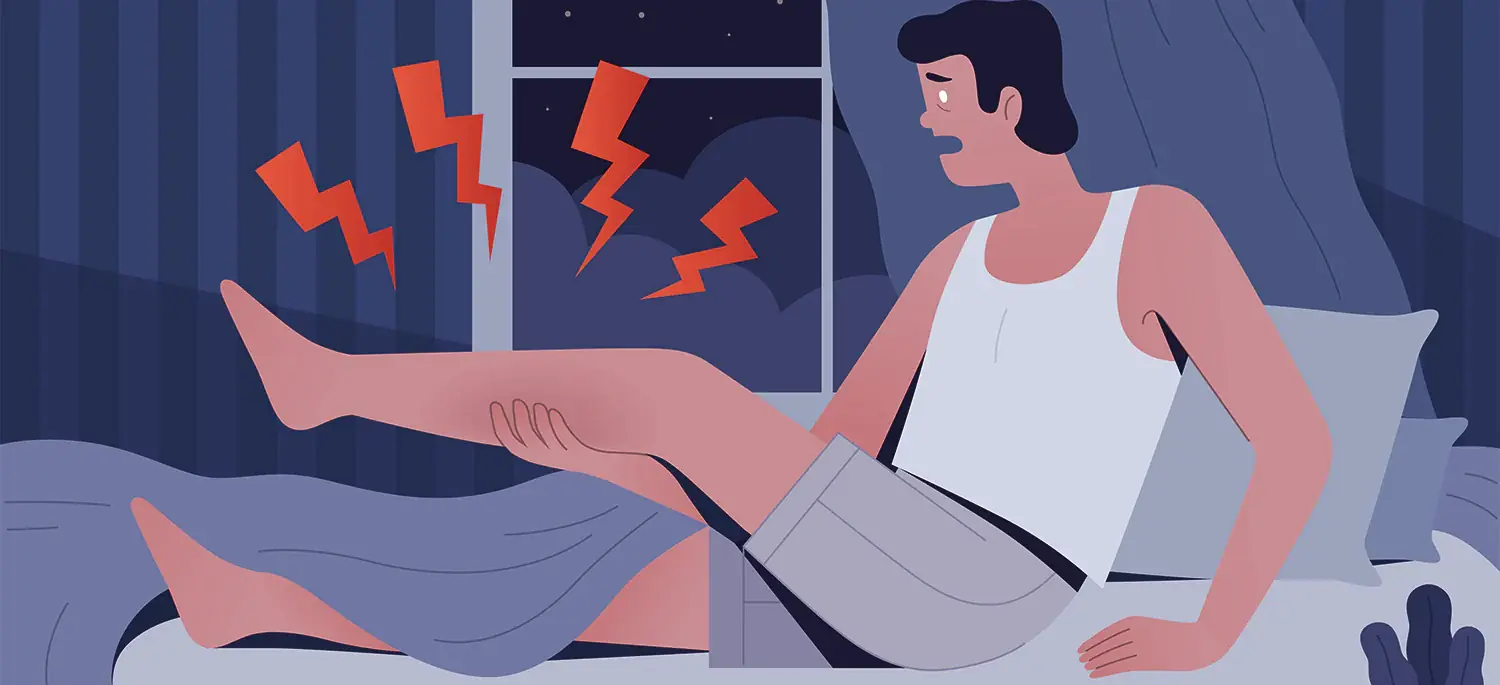
If Your Legs Cramp at Night You Need to Know This Immediately
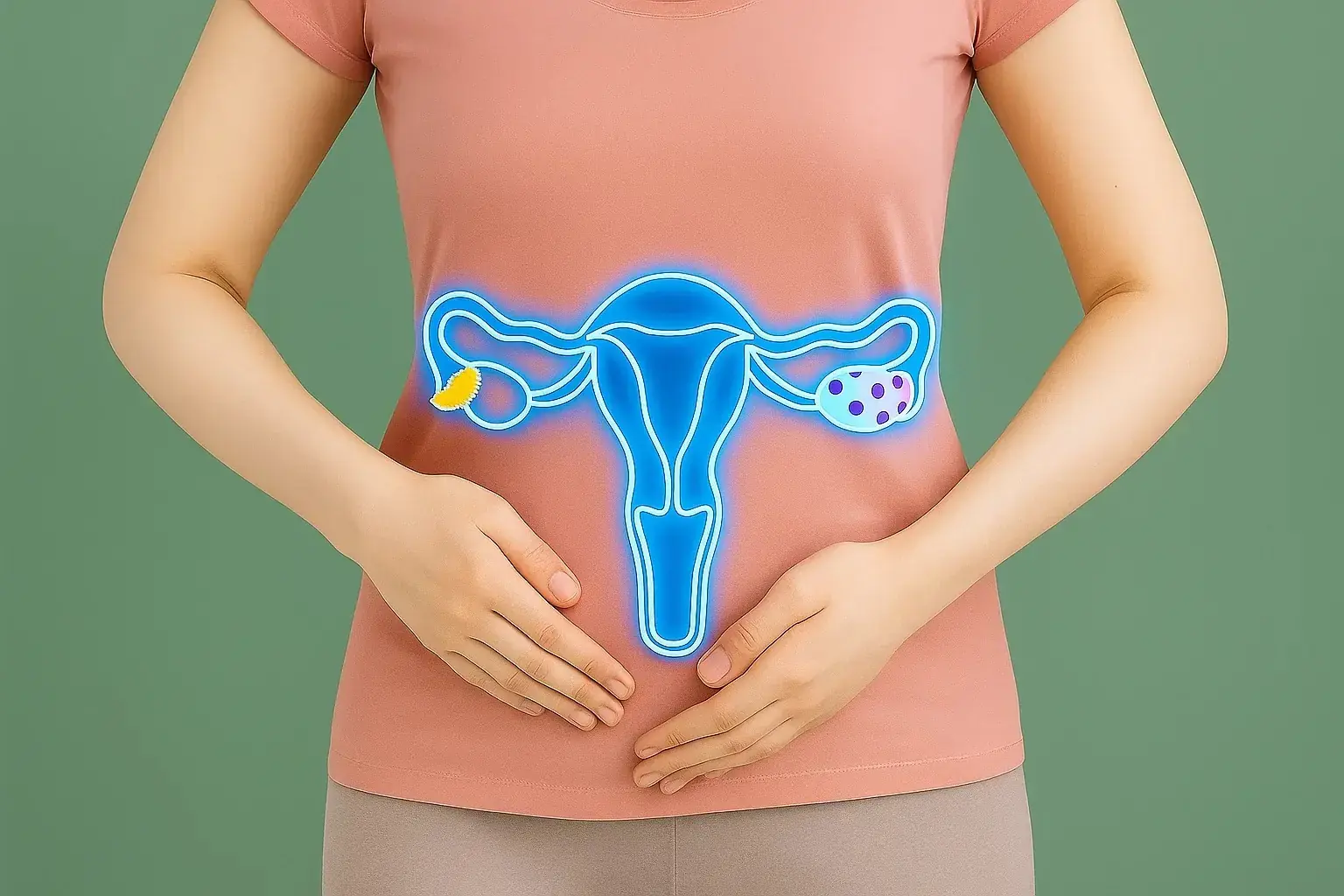
3 Dangerous Habits of Husbands That Secretly Put Their Wives at Higher Risk of Cervical Cancer

Husbands With These 2 Bad Habits May Put Their Wives at Higher Risk of Br:east Can:cer

Only 20 years old but the liver is already old: The 'culprit' is a type of water and a type of food that many people love

Why should m.en eat a slice of ginger after waking up in the morning?

5 types of fruit that help reduce the risk of cancer you should eat regularly
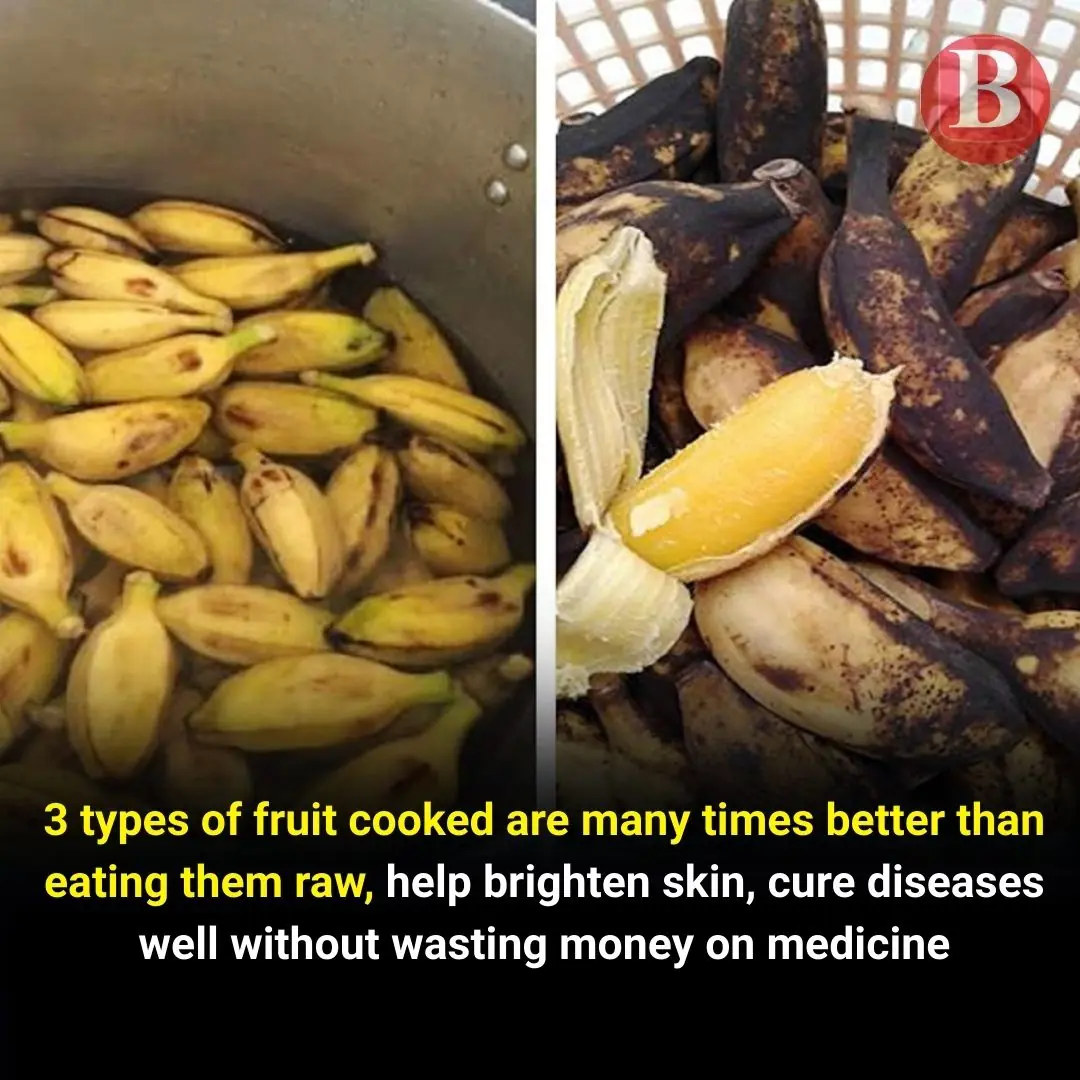
3 types of fruit cooked are many times better than eating them raw, help brighten skin, cure diseases well without wasting money on medicine

Stop Using Plastic Bottles Like This: 3 Habits That Could Increase Cancer Risk
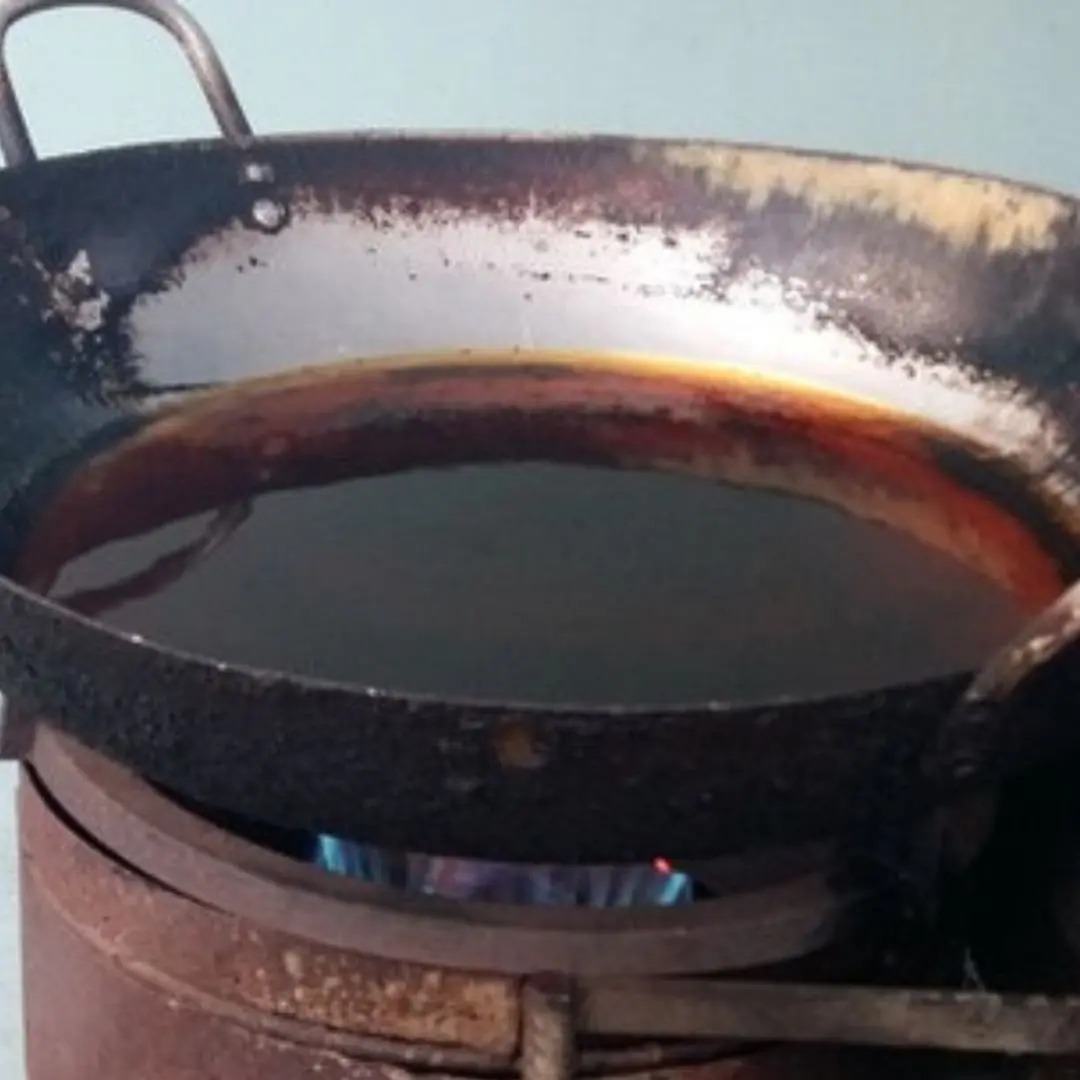
2 Cooking Oils You Should Never Use (and 4 Healthy Ones to Replace Them)

3 signs at night while you’re sleeping that could mean can.cer
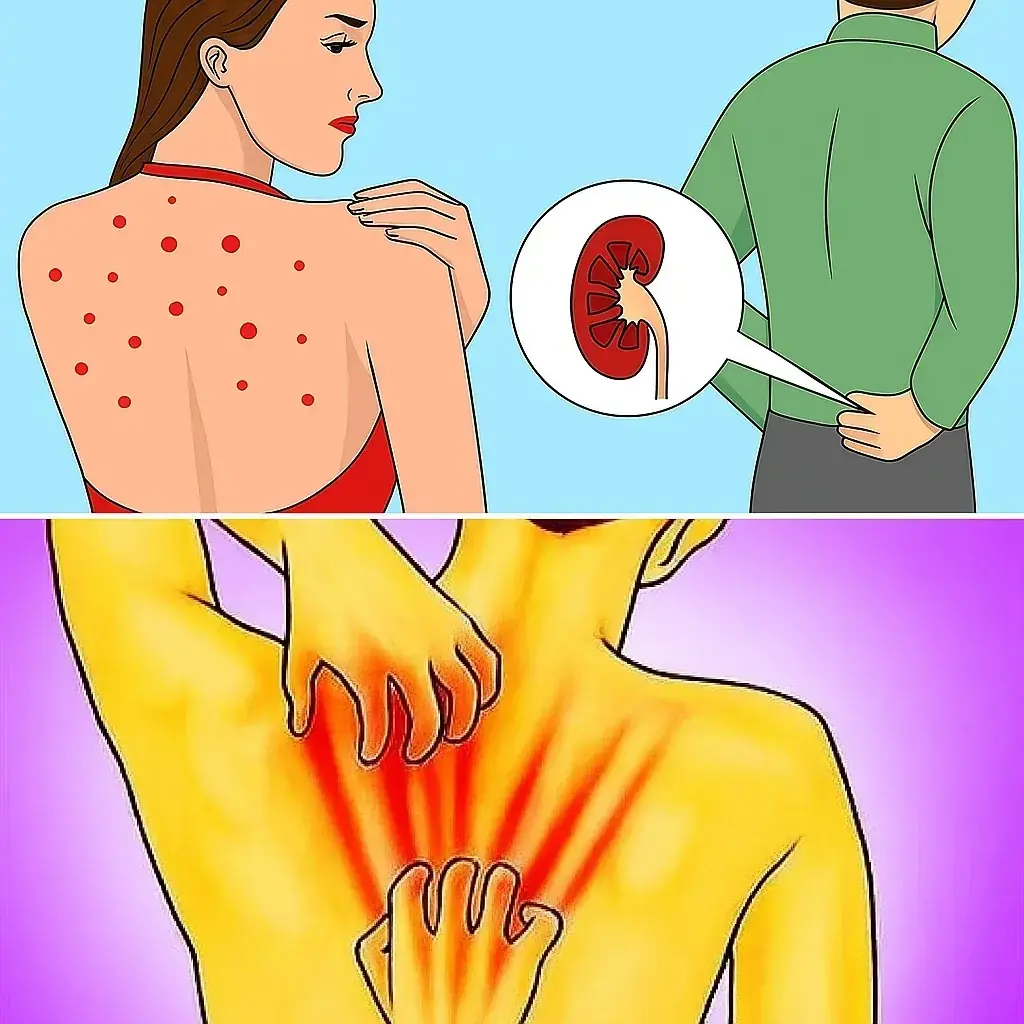
10 Warning Signs Your Kidneys May Be in Serious Danger

The Power of Gyan Mudra: Benefits and How to Practice It
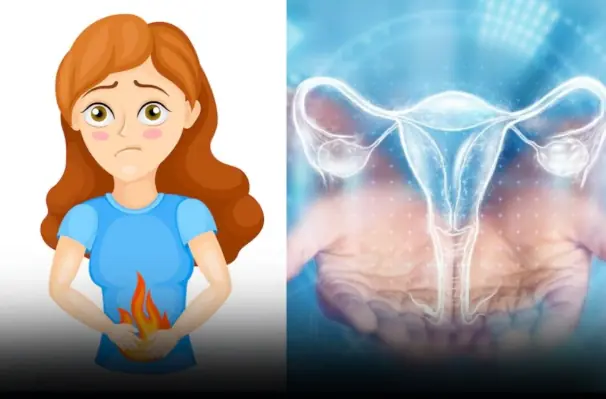
8 Early Warning Signs Of Ovarian Cancer You Shouldn’t Ignore
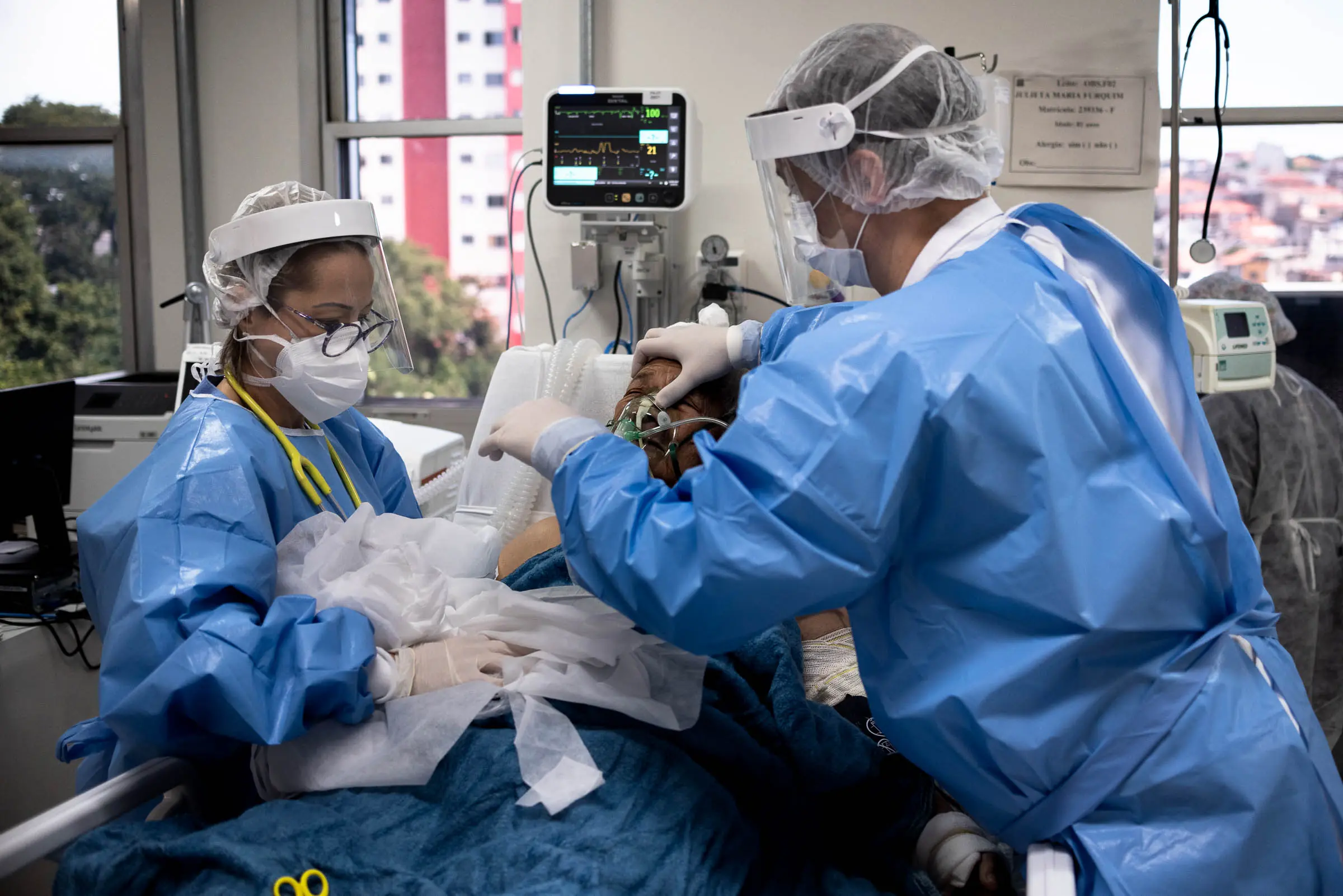
35-Year-Old Man’s Sore Throat Turned into Cancer After 5 Chemotherapy Sessions—Doctor Urges
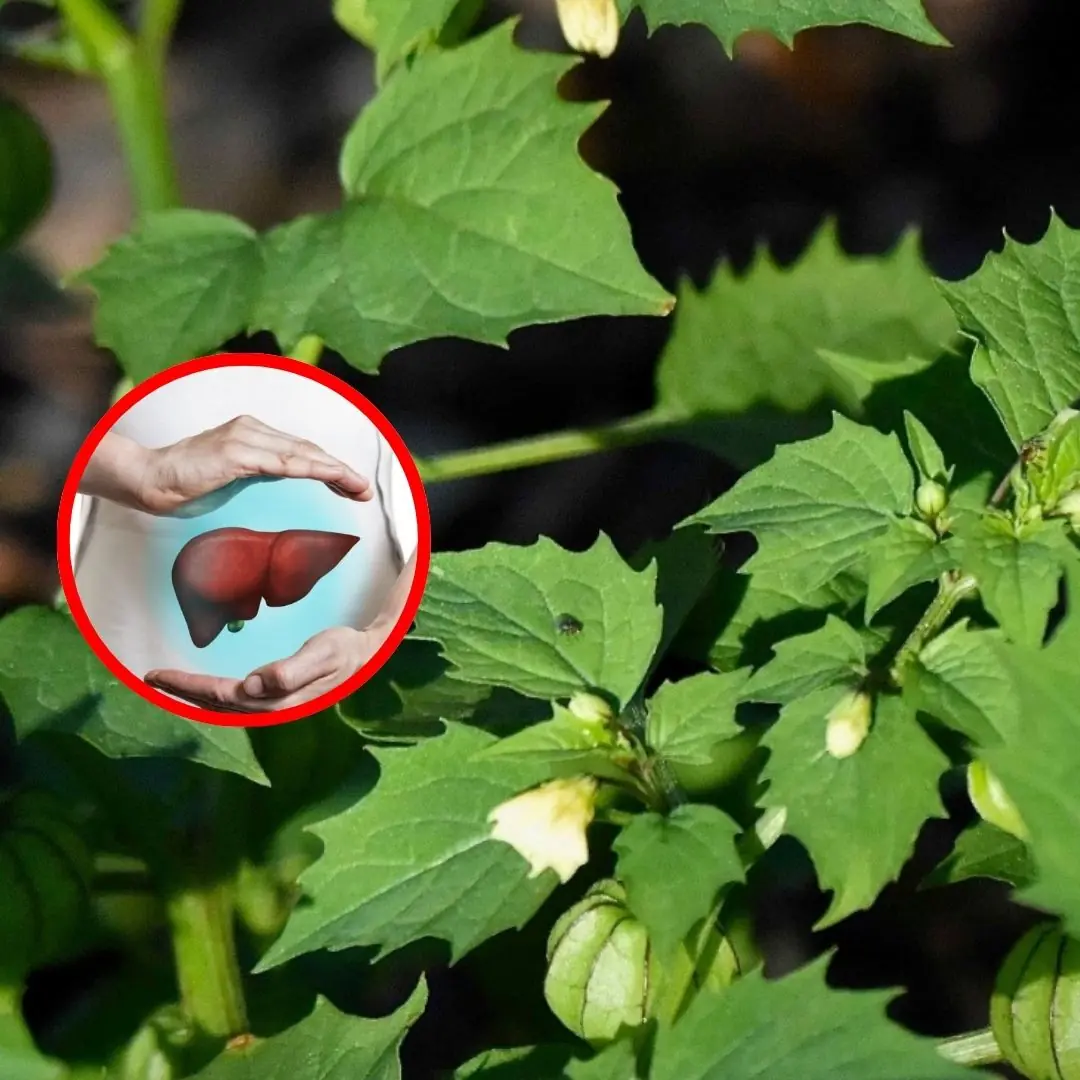
The Leaf Known as a Natural Remedy, But Often Overlooked
News Post

Condolences to those who are using these 4 types of electric kettles

6 Foot Symptoms That May Warn of a Heart Attack Weeks in Advance

3 Super Nutritious Freshwater Fish

12 signs that may signal a brain aneurysm — Don’t ignore them

If Your Legs Cramp at Night You Need to Know This Immediately

3 Dangerous Habits of Husbands That Secretly Put Their Wives at Higher Risk of Cervical Cancer

Husbands With These 2 Bad Habits May Put Their Wives at Higher Risk of Br:east Can:cer

Only 20 years old but the liver is already old: The 'culprit' is a type of water and a type of food that many people love

Why should m.en eat a slice of ginger after waking up in the morning?

5 types of fruit that help reduce the risk of cancer you should eat regularly
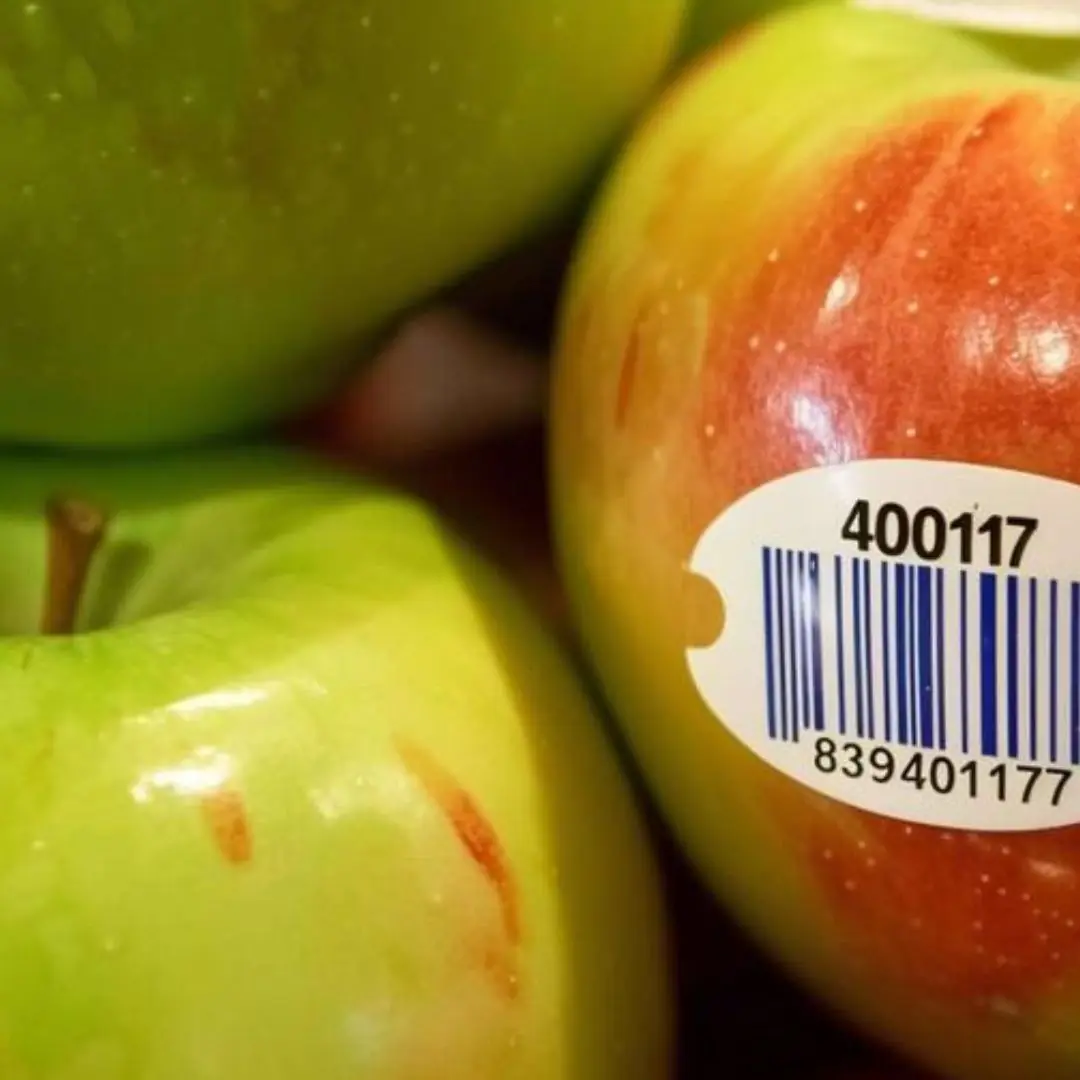
Do you know how to read (and avoid) sticky labels on fresh fruit?

5 Ways to Keep Pill Bugs from Destroying Your Garden

3 types of fruit cooked are many times better than eating them raw, help brighten skin, cure diseases well without wasting money on medicine
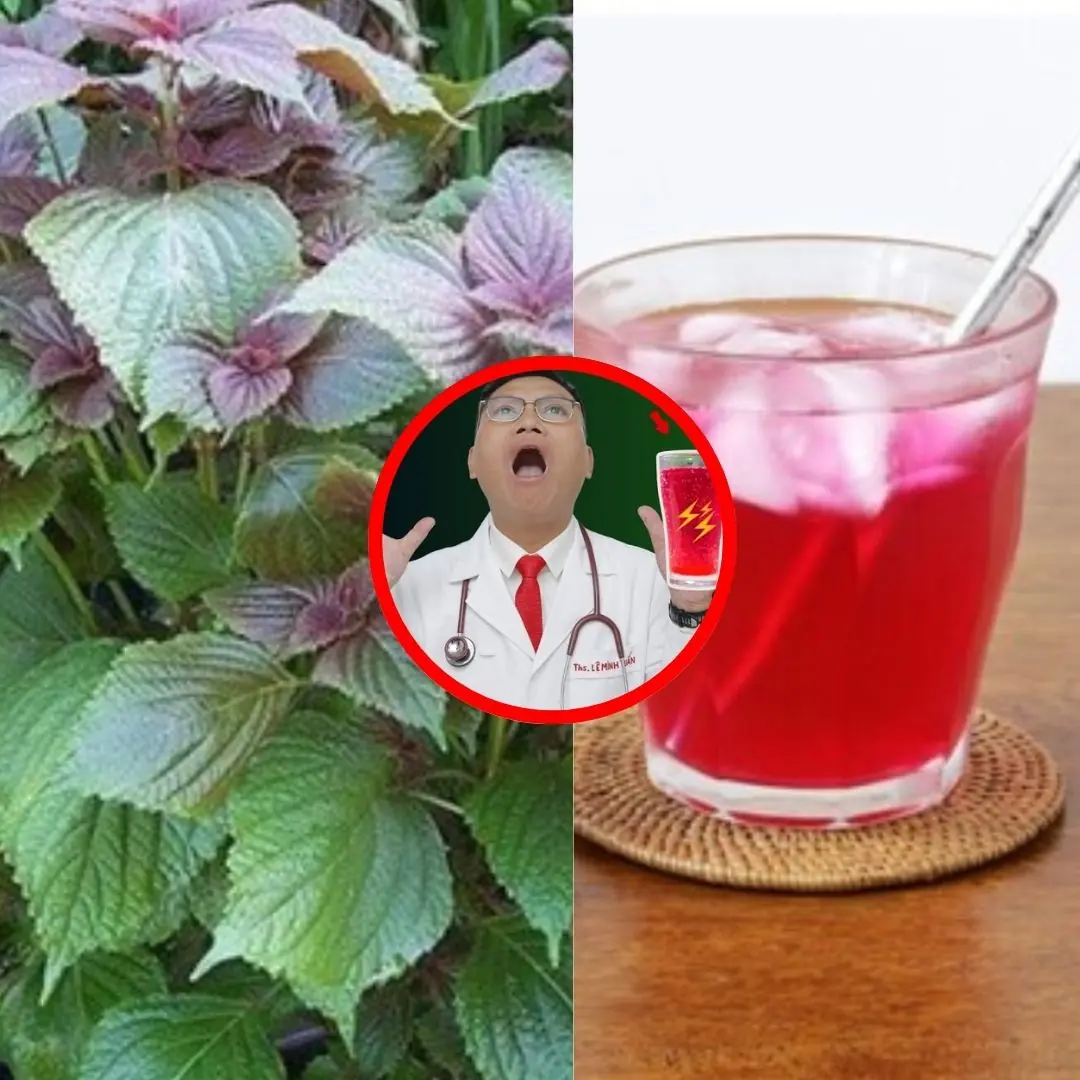
Caution! 3 Groups of People Should Stay Away from Perilla Leaf Water

Stop Using Plastic Bottles Like This: 3 Habits That Could Increase Cancer Risk

2 Cooking Oils You Should Never Use (and 4 Healthy Ones to Replace Them)

3 signs at night while you’re sleeping that could mean can.cer

Doctor finally answers question of whether it is better to shower in the morning or at night
